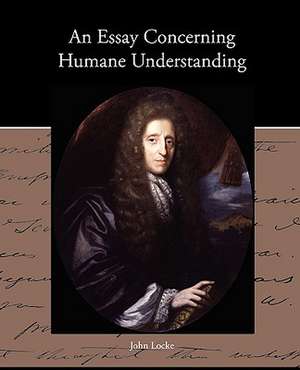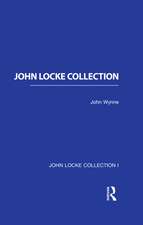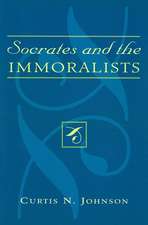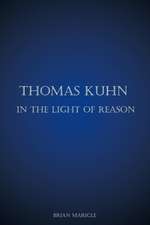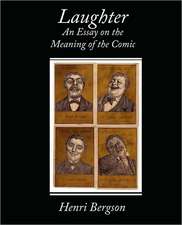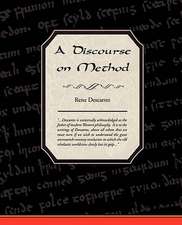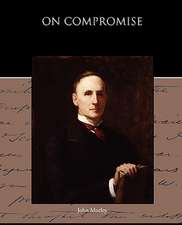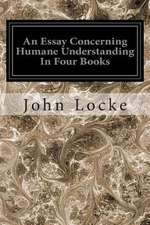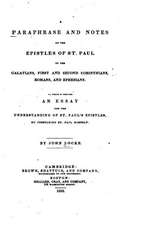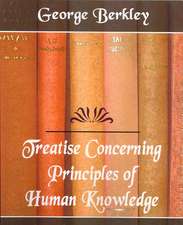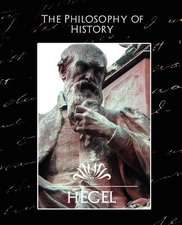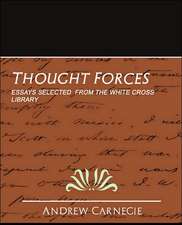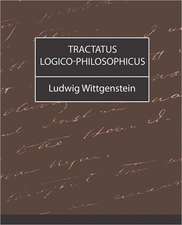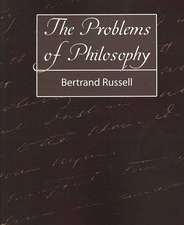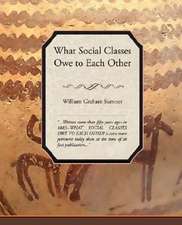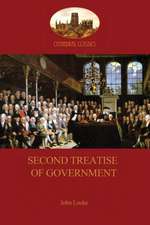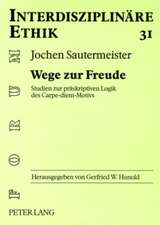An Essay Concerning Humane Understanding
Autor John Lockeen Limba Engleză Paperback – 8 mar 2010
| Toate formatele și edițiile | Preț | Express |
|---|---|---|
| Paperback (4) | 150.68 lei 3-5 săpt. | |
| CreateSpace Independent Publishing Platform – | 150.68 lei 3-5 săpt. | |
| Book Jungle – 8 mar 2010 | 199.72 lei 6-8 săpt. | |
| TREDITION CLASSICS – 31 oct 2011 | 225.04 lei 6-8 săpt. | |
| TREDITION CLASSICS – 31 oct 2011 | 263.18 lei 6-8 săpt. |
Preț: 199.72 lei
Nou
Puncte Express: 300
Preț estimativ în valută:
38.23€ • 41.54$ • 32.13£
38.23€ • 41.54$ • 32.13£
Carte tipărită la comandă
Livrare economică 21 aprilie-05 mai
Preluare comenzi: 021 569.72.76
Specificații
ISBN-13: 9781438573359
ISBN-10: 1438573359
Pagini: 312
Dimensiuni: 191 x 235 x 17 mm
Greutate: 0.54 kg
Ediția:10000
Editura: Book Jungle
ISBN-10: 1438573359
Pagini: 312
Dimensiuni: 191 x 235 x 17 mm
Greutate: 0.54 kg
Ediția:10000
Editura: Book Jungle
Notă biografică
John Locke (29 August 1632 - 28 October 1704) was an English philosopher and physician, widely regarded as one of the most influential of Enlightenment thinkers and commonly known as the "father of liberalism". Considered one of the first of the British empiricists, following the tradition of Francis Bacon, Locke is equally important to social contract theory. His work greatly affected the development of epistemology and political philosophy. His writings influenced Voltaire and Jean-Jacques Rousseau, and many Scottish Enlightenment thinkers, as well as the American Revolutionaries. His contributions to classical republicanism and liberal theory are reflected in the United States Declaration of Independence. Internationally, Locke's political-legal principles continue to have a profound influence on the theory and practice of limited representative government and the protection of basic rights and freedoms under the rule of law.Locke's theory of mind is often cited as the origin of modern conceptions of identity and the self, figuring prominently in the work of later philosophers such as Jean-Jacques Rousseau, David Hume, and Immanuel Kant. Locke was the first to define the self through a continuity of consciousness.He postulated that, at birth, the mind was a blank slate, or tabula rasa. Contrary to Cartesian philosophy based on pre-existing concepts, he maintained that we are born without innate ideas, and that knowledge is instead determined only by experience derived from sense perception, a concept now known as empiricism.
